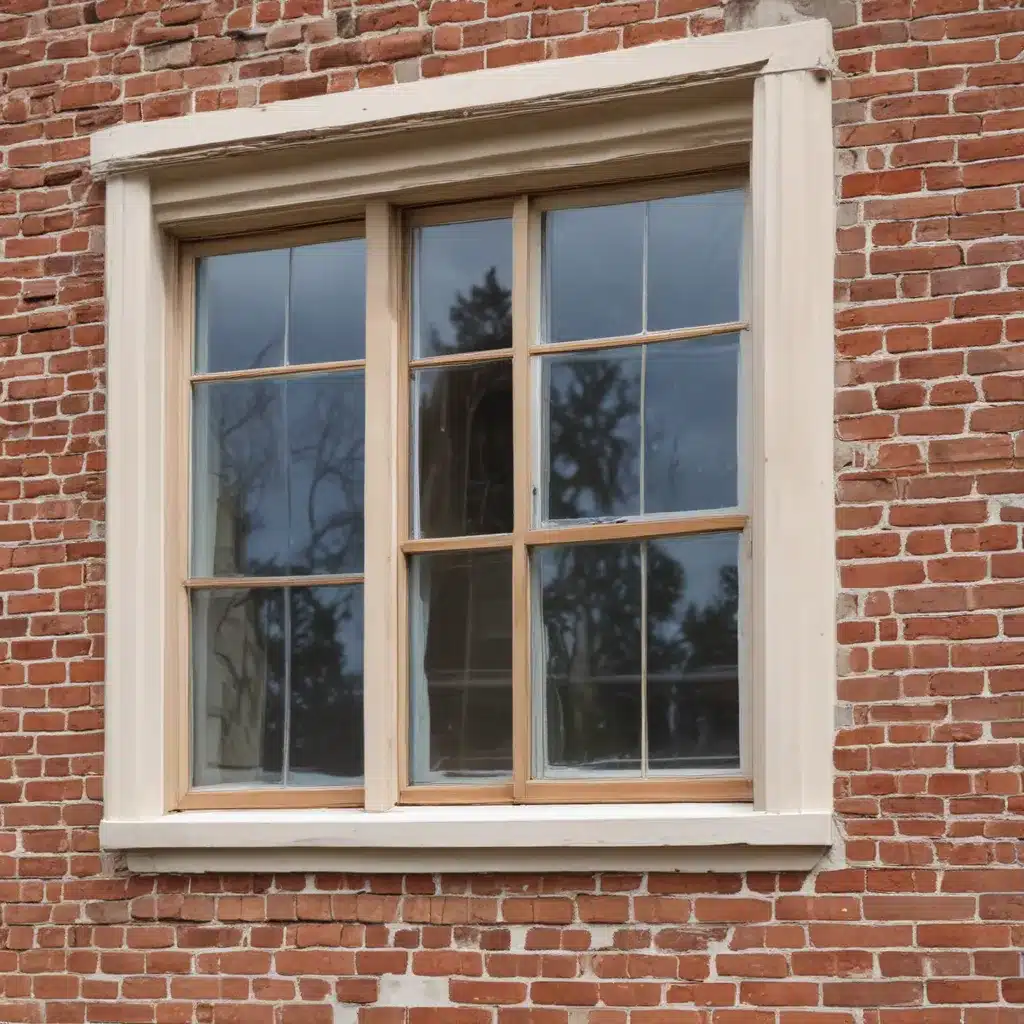The Secret Weapon in Your Cleaning Arsenal
Have you ever stared out a window, only to see a dismal sight – water spots, streaks, and grime obscuring your once crystal-clear panes? It’s a frustrating problem, but one that I’ve learned to conquer with a simple, natural solution: vinegar.
That’s right, the unassuming ingredient you likely have stashed in your pantry can work wonders on your windows, leaving them sparkling clean and streak-free. As the owner of Adam Cleaning, a premier cleaning service in Nottingham, I’ve picked up a few tricks over the years. And let me tell you, vinegar has become my go-to window cleaner time and time again.
The Science Behind Vinegar’s Cleaning Power
So, what is it about vinegar that makes it such an effective window-cleaning agent? The secret lies in its acidity. Vinegar contains acetic acid, which helps break down and dissolve all sorts of grime and buildup on glass surfaces. Whether it’s water spots, grease, or even stubborn streaks, the vinegar can tackle it all.
But vinegar isn’t just a powerful cleaner – it’s also incredibly versatile. You can easily mix it with other household ingredients to create a custom cleaning solution tailored to your needs. For example, adding a few drops of essential oil can help neutralize the vinegar’s distinctive scent, or combining it with a bit of dish soap can boost its grease-cutting abilities.
Mastering the Vinegar Window Cleaning Technique
Now, I know what you might be thinking: “Vinegar on my windows? Won’t that leave behind a hazy, streaky mess?” Rest assured, with the right technique, vinegar-based window cleaners can produce a sparkling, streak-free finish. Here are my top tips for window-washing success:
-
Timing is everything: Avoid cleaning your windows on hot, sunny days. The heat can cause the cleaning solution to dry too quickly, leading to unsightly streaks. Instead, choose a cooler, overcast day for the best results.
-
Dilute for the win: Mix your vinegar solution with water, using a 50/50 ratio. This will help prevent the acidity from leaving behind any residue.
-
Microfiber magic: Ditch the paper towels and opt for a high-quality microfiber cloth. These incredibly absorbent and lint-free materials will ensure a streak-free finish every time.
-
Squeegee strategy: For large windows or those positioned high up, a squeegee can be your best friend. Hold the blade at a 45-degree angle and work in an S-shaped pattern, wiping the blade clean after each stroke.
-
Spot-clean with steel wool: If you’re still left with stubborn water spots or mineral stains, gently rub them out with a piece of #000 super-fine steel wool. Just be careful not to scratch the glass.
The Lasting Benefits of Vinegar-Cleaned Windows
Once you’ve mastered the art of vinegar-based window cleaning, you’ll wonder how you ever managed without it. Not only will your windows look cleaner and clearer, but you’ll also enjoy a host of other benefits:
- More natural light: Sparkling, streak-free windows allow more sunlight to filter into your home, creating a brighter, more inviting atmosphere.
- Reduced allergens: By regularly cleaning your windows, you can effectively remove pollen, dust, and other airborne irritants that can aggravate allergies.
- Longer-lasting windows: Properly maintaining your windows can extend their lifespan, saving you money on costly replacements down the line.
So, the next time your windows are looking a little worse for wear, don’t reach for the commercial cleaners. Grab that trusty bottle of vinegar instead and let the magic happen. Your windows (and your wallet) will thank you.
Frequently Asked Questions
Can I use rubbing alcohol instead of vinegar?
Absolutely! Rubbing alcohol can also be an effective alternative to vinegar for window cleaning. Mix 1 1/2 cups of water, 1 1/2 cups of rubbing alcohol, and 2 tablespoons of white vinegar (if you have any) in a spray bottle for a homemade window cleaning solution that won’t leave behind streaks.
Why should I avoid ammonia-based cleaners?
Ammonia-based commercial window cleaners can leave behind a residue that makes windows appear streaky and hazy. Opt for a natural, vinegar-based solution instead for a truly streak-free finish.
How often should I clean my windows?
For the exterior of your windows, experts recommend cleaning them at least twice a year – typically in the spring and fall. The interior of your windows should be cleaned more frequently, around every two weeks, to keep them looking their best.







